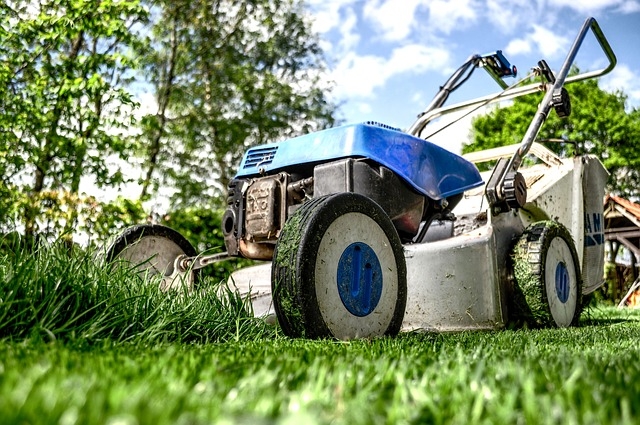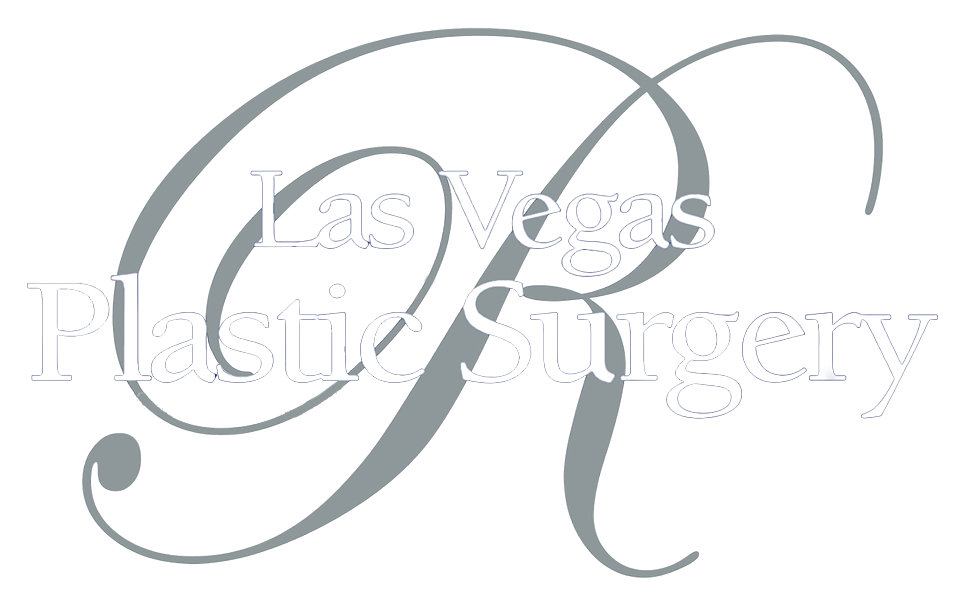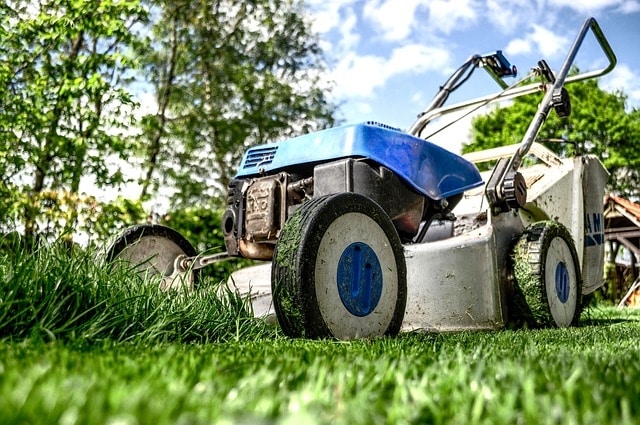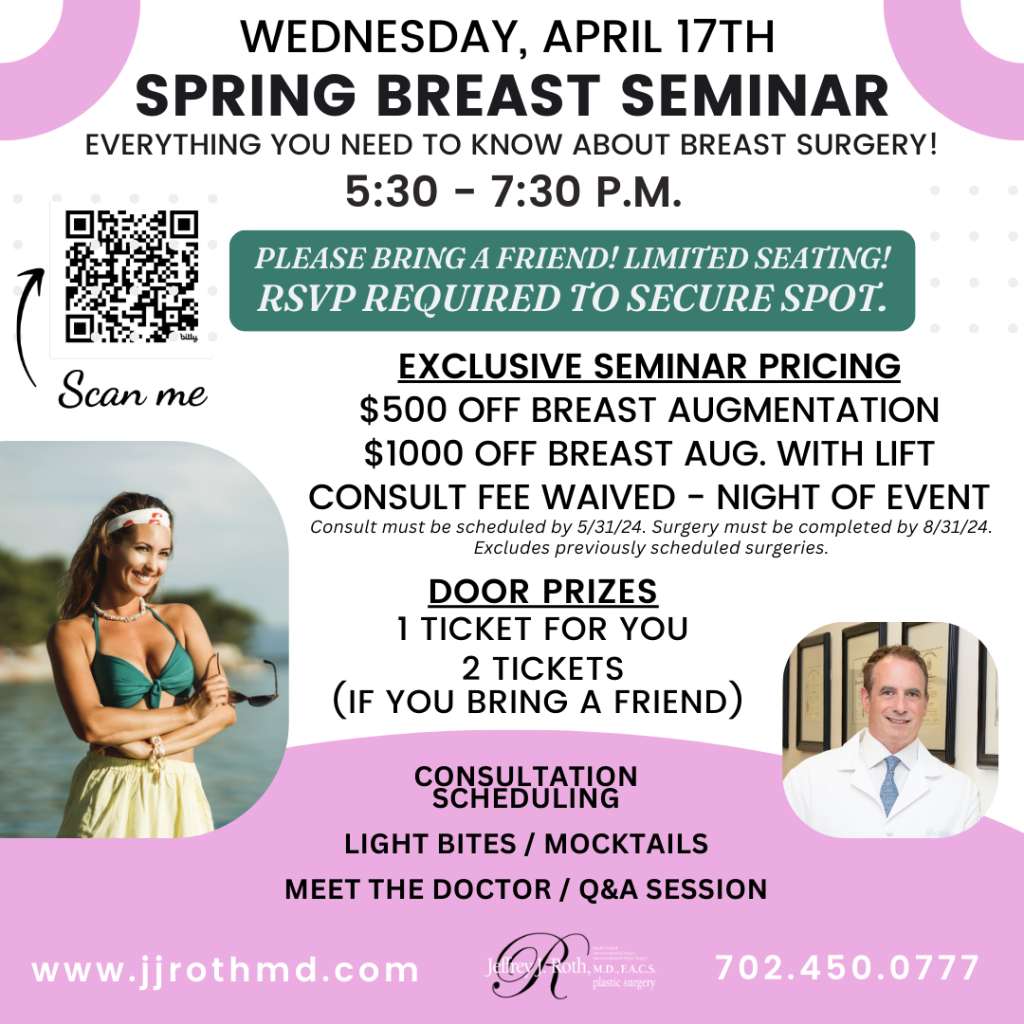
Las Vegas Plastic Surgery
In many states across the West spring is here and with it comes the opportunity for spring planting, spring cleaning, and of course spring lawncare. Last fall I shared a blog about keeping your hands safe in the garden. Today I’d like my readers to be aware of some basic hand safety tips while using a lawnmower. When most people think about plastic surgeons they immediately associate our work with movie stars and the most prominent cosmetic procedures in the news today. However, like any experienced physician, plastic surgeons are trained in a variety of surgical areas, including aesthetic, reconstructive, microvascular and hand surgery. As board certified physicians, plastic surgeons are often called upon to perform various procedures with a patient’s hands.
A very common hand related issue we see in the Emergency Room is traumatic injury from lawnmowers. Each year, more than 74,000 small children, adolescents and adults are injured by rotary, hand and riding power mowers due to improper handling. As a plastic surgeon in Las Vegas I have seen this type of problem become very serious in a very short period of time.
Recently I came across an article on the American Society for Surgery of the Hand (ASSH) website that gave several good reminders about lawnmower safety. I wanted to pass them on.
First some basics: Lawnmowers are powerful, (and potentially dangerous), machines. The kinetic energy (energy in motion) imparted by a standard rotary blade is comparable to the energy generated by dropping a 21-pound weight from a height of 100 feet or is equal to three times the muzzle energy of a .357 Magnum pistol. Blade speed can eject a piece of wire or an object at speeds up to 100 miles per hour.
This the injury profile for lawnmower accidents; as you can see it effects a wide variety of ages:
Adults 25-64 years
Children under age five
22% involve wrist, hand or finger
14% involve foot, ankle or toes
25% of all hand and foot injuries result in amputation
Deaths occurred in children under six years of age
Common Patterns of Lawnmower Injury Include:
Direct contact with rotating or jammed blade
Serious avulsion (tearing/separating) injuries to soft tissue and bones
Gross contamination from contact with grass and soil harboring pathogens
Injuries requiring multiple staged surgeries to cleanse wounds and provide soft tissue coverage (to regenerate healthy tissue/skin)
Common Weather Conditions Related to Lawnmower Accidents:
Wet grass
Damp ground
Other Causes of Lawnmower Injury:
Passengers (adult/child) on riding mowers or in cart towed behind mower
Mower being pulled backward
Sloping lawn mowed by power mower up and down slope, instead of across
Sloping lawn mowed by riding mower across slope, instead of up and down
Wearing sandals or open-toed shoes
Operator attempts to unclog blades with hand or foot
Having said all of that, lawnmowers can be very useful and time saving. They are safe if used properly. Please remember the following:
Read your mower’s instruction manual prior to use.
DO NOT REMOVE safety devices or guards on switches.
NEVER insert hands or feet into the mower to remove grass or debris. Even with the motor turned off, the blade remains engaged.
ALWAYS use a stick or broom handle to remove any obstruction.
NEVER cut grass when it is wet or when the ground is damp.
NEVER allow a child to operate the mower at any time or be in the area to be mowed.
NEVER allow passengers, other than the operator, on riding mowers.
Keep your mower in good working order with sharp blades.
DO NOT DRINK before or while using your lawnmower.
Wear protective boots, goggles, gloves and long pants.
Do not operate the lawnmower while barefoot.
Be cautious when mowing hills or slopes.
I will stress that prevention of injury is always the best way to go. Using the above points will help make the landscaper aware of the potential danger, and remain injury free. Accidents do happen, so please if there is any question at all about your health, do not hesitate to seek medical attention immediately!
Have a great spring…
Jeffrey J. Roth, M.D., F.A.C.S.
(702) 450-0777www.jjrothmd.com
References:



